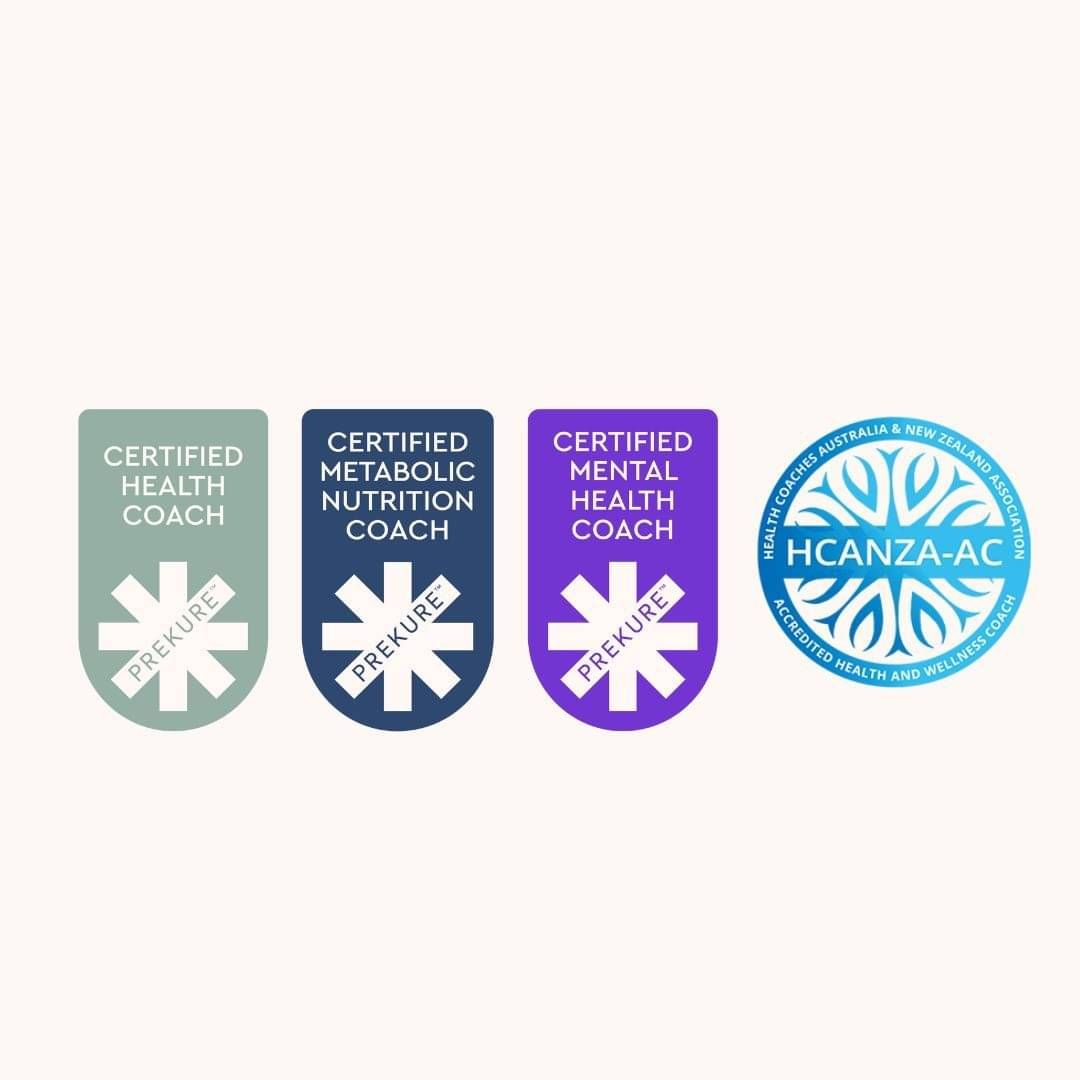Top 12 Menstruation Questions for Women 25+: Answered
1. Why does my cycle vary in length month to month?
Slight variations in cycle length are normal and can be influenced by stress, diet, exercise, and sleep. However, drastic or sudden changes may indicate hormonal imbalance, so it’s best to monitor and consult a healthcare provider if irregularities persist.
2. How can I reduce PMS symptoms naturally?
Lifestyle changes such as regular exercise, a diet rich in vitamins and minerals, and reducing sugar, caffeine, and alcohol can help. Supplements like magnesium, vitamin B6, and calcium, along with stress management techniques, may also reduce PMS symptoms.
3. What causes heavy menstrual bleeding, and when should I be concerned?
Heavy bleeding, known as menorrhagia, can be caused by conditions like fibroids, polyps, or hormonal imbalances. If you experience fatigue, dizziness, or need to change your pad/tampon frequently, consult a healthcare provider to rule out underlying issues.
4. Is it normal to have irregular periods after 25?
Mild irregularities can occur, but consistently irregular periods may signal hormonal issues such as PCOS, thyroid dysfunction, or lifestyle factors like stress and diet. If irregularities continue, a health professional can help identify the cause.
5. Why does my period cause mood swings?
Hormonal fluctuations, particularly in estrogen and progesterone, affect neurotransmitters like serotonin, impacting mood. Managing stress, maintaining a balanced diet, and practicing mindfulness can help alleviate mood swings during your cycle.
6. What can I do for painful periods (dysmenorrhea)?
Pain relief options include using heat packs, light exercise, and anti-inflammatory foods like ginger and turmeric. Over-the-counter pain relievers may help, but if pain is severe or persistent, it’s advisable to consult a healthcare provider for further evaluation.
7. Can lifestyle changes really improve my cycle?
Yes, lifestyle factors such as regular exercise, balanced nutrition, quality sleep, and stress management can support hormonal balance, potentially improving cycle regularity and reducing PMS or period pain.
8. Why do I get acne around my period?
Hormonal changes, especially a rise in androgens, can increase sebum production, leading to clogged pores and breakouts. Maintaining a skincare routine and avoiding high-sugar foods can help manage period-related acne.
9. How does birth control affect my period?
Hormonal birth control can regulate or even stop periods, depending on the type. While it can reduce symptoms like heavy bleeding and cramps, some women may experience side effects. Talk to a healthcare provider about the best options for your needs.
10. Is spotting between periods normal?
Occasional spotting can occur due to ovulation, hormonal shifts, or stress. However, if spotting is frequent or heavy, it’s best to consult a healthcare provider to rule out infections, fibroids, or other underlying issues.
11. What are the common causes of missed periods?
Missed periods may be due to stress, significant weight changes, hormonal imbalances, or health conditions like PCOS or thyroid issues. If you miss more than one cycle, especially if pregnancy isn’t the cause, consult your healthcare provider.
12. How does age affect menstruation?
As women age, hormone levels gradually shift, especially after 35, leading to shorter or lighter cycles. Approaching perimenopause (typically in the 40s) may bring irregular cycles, changes in flow, and symptoms like hot flashes or night sweats.
Understanding menstruation and addressing concerns can empower women over 25 to take control of their health. For persistent issues, consulting with a healthcare provider is always recommended.


